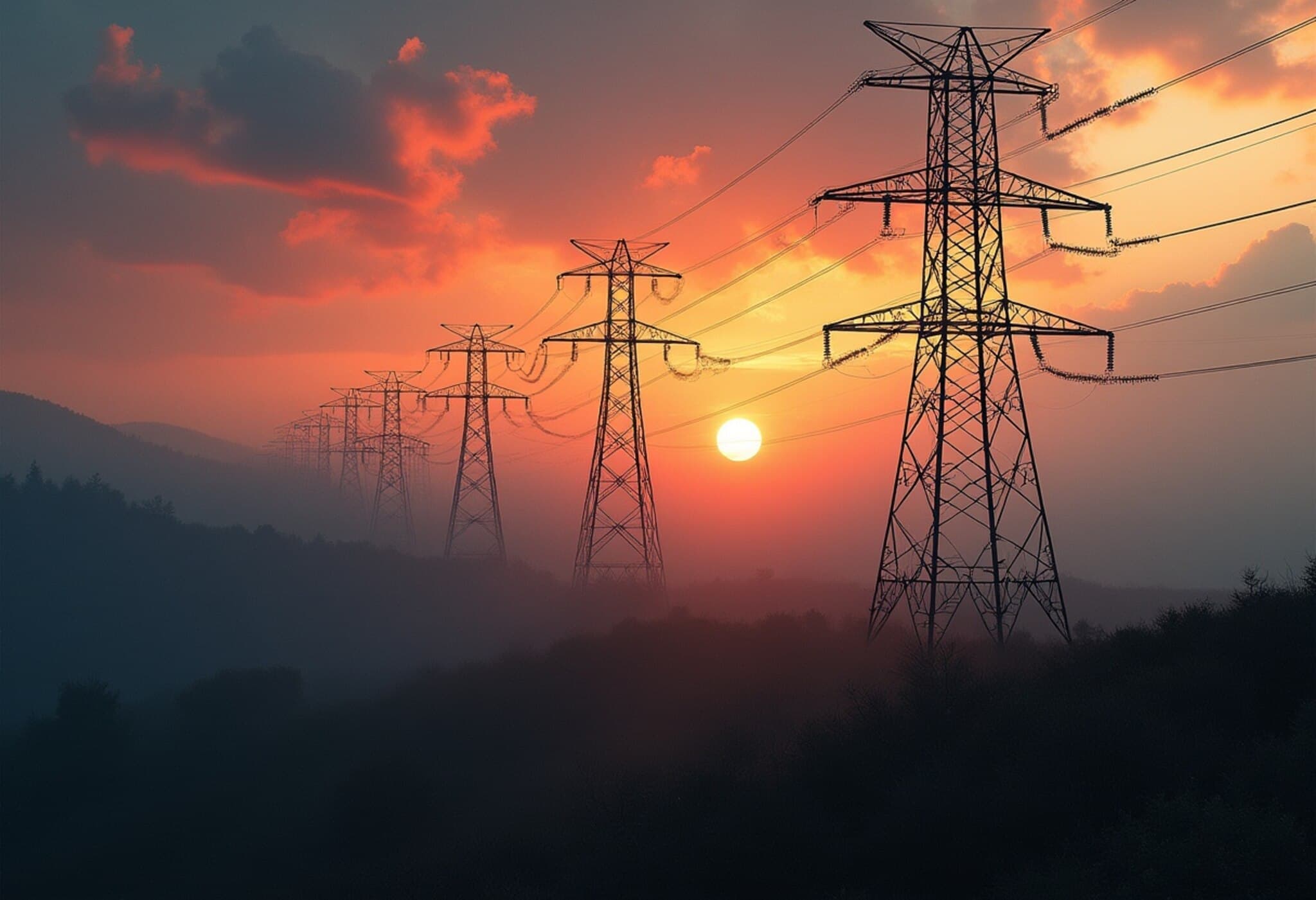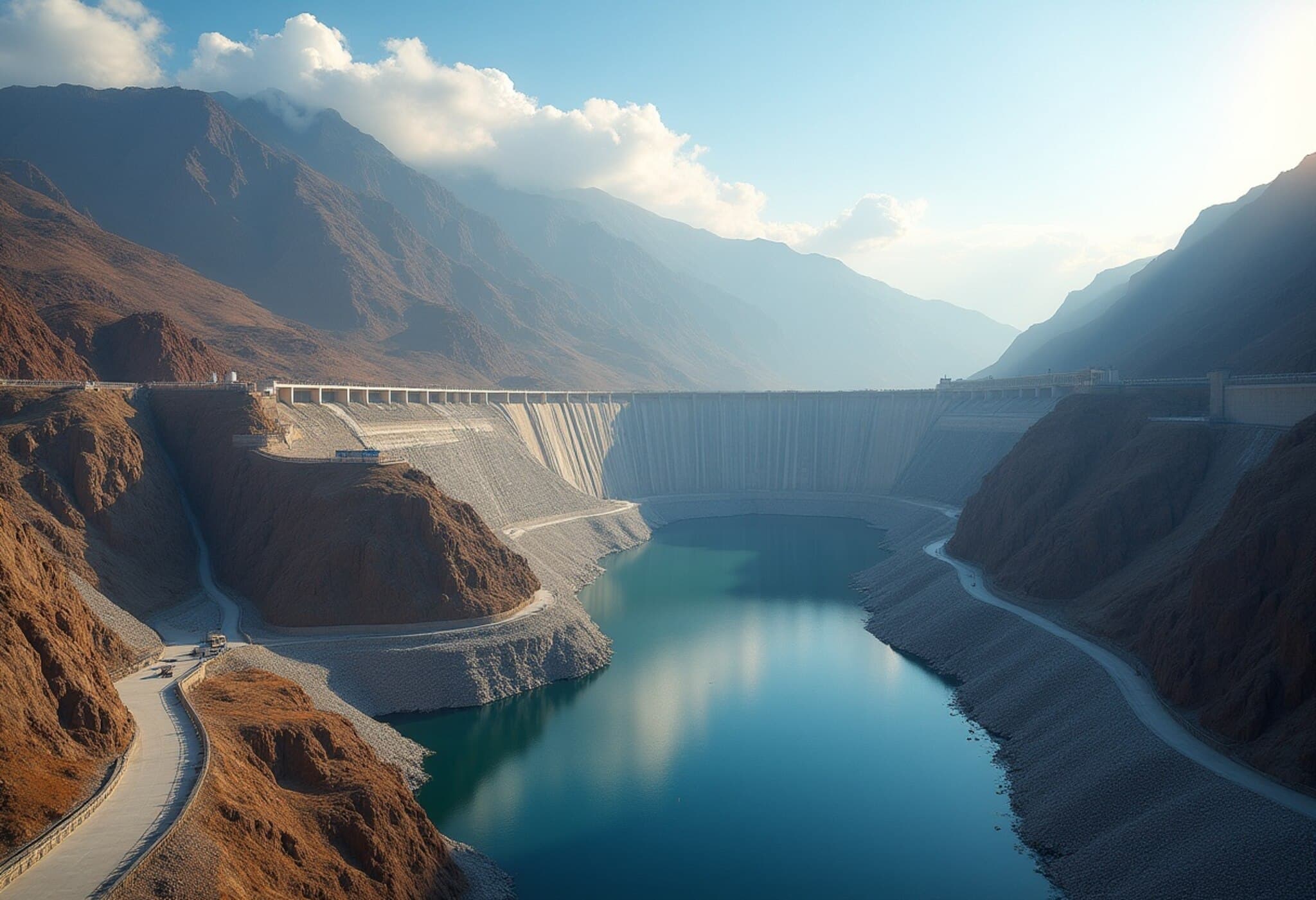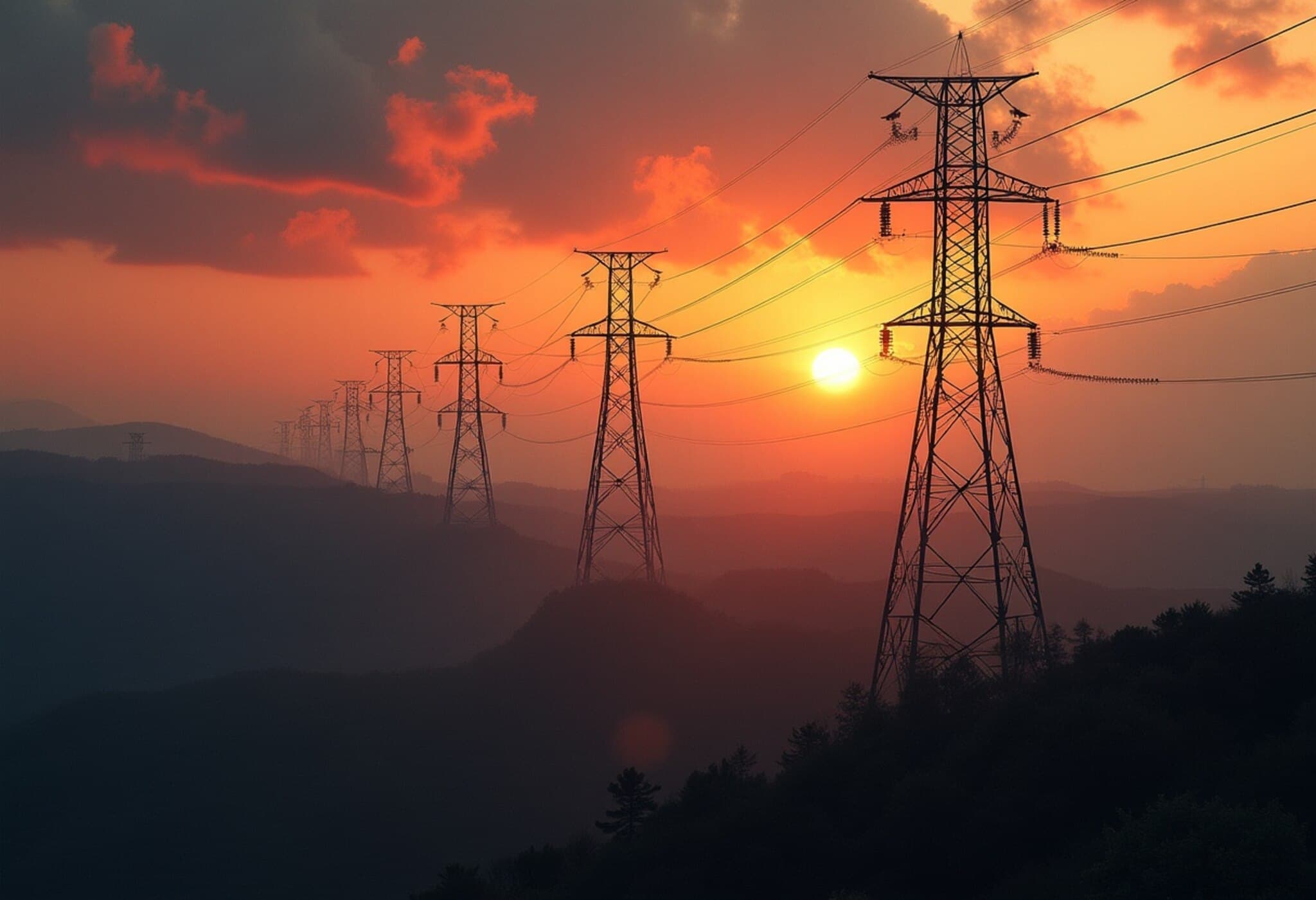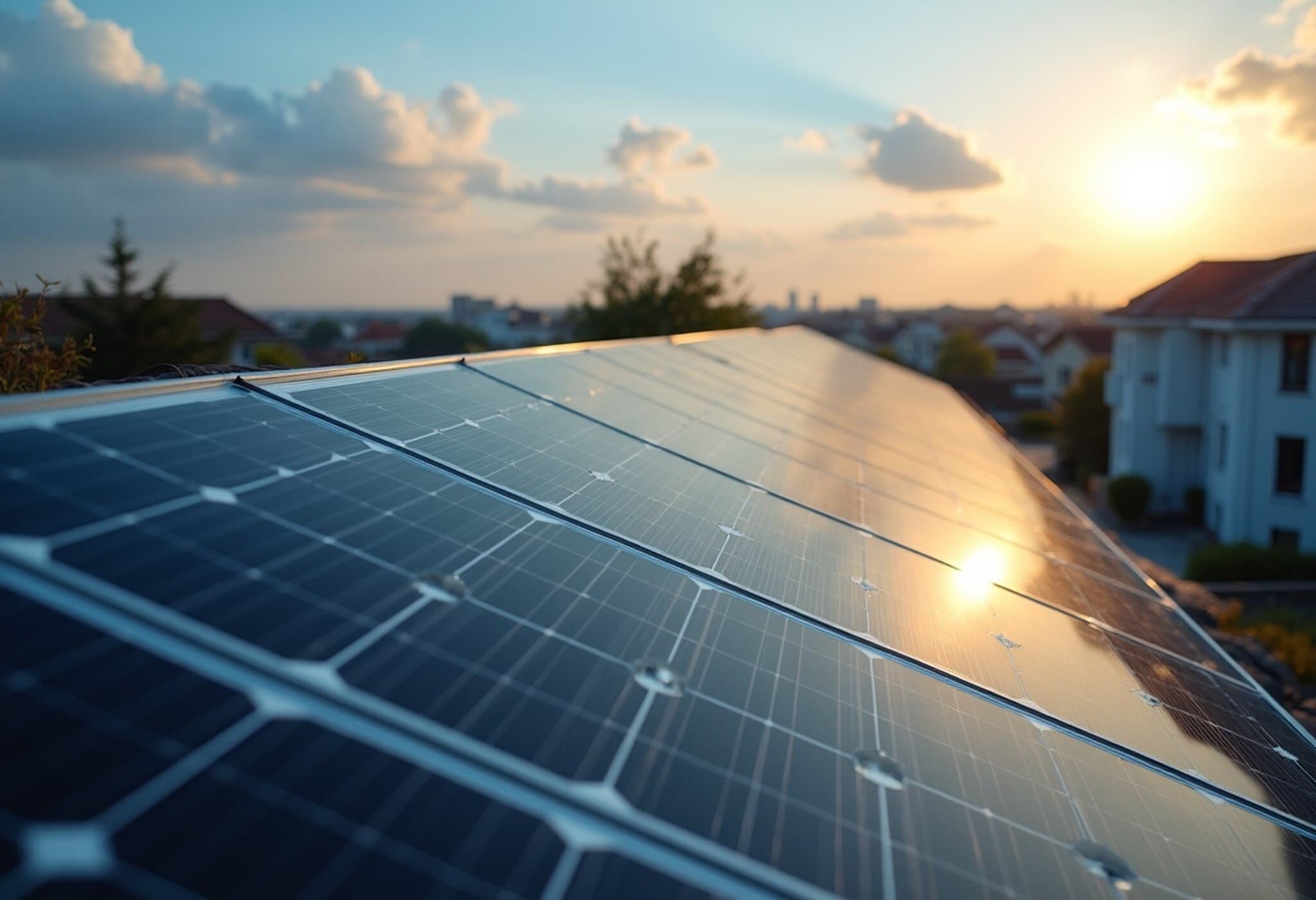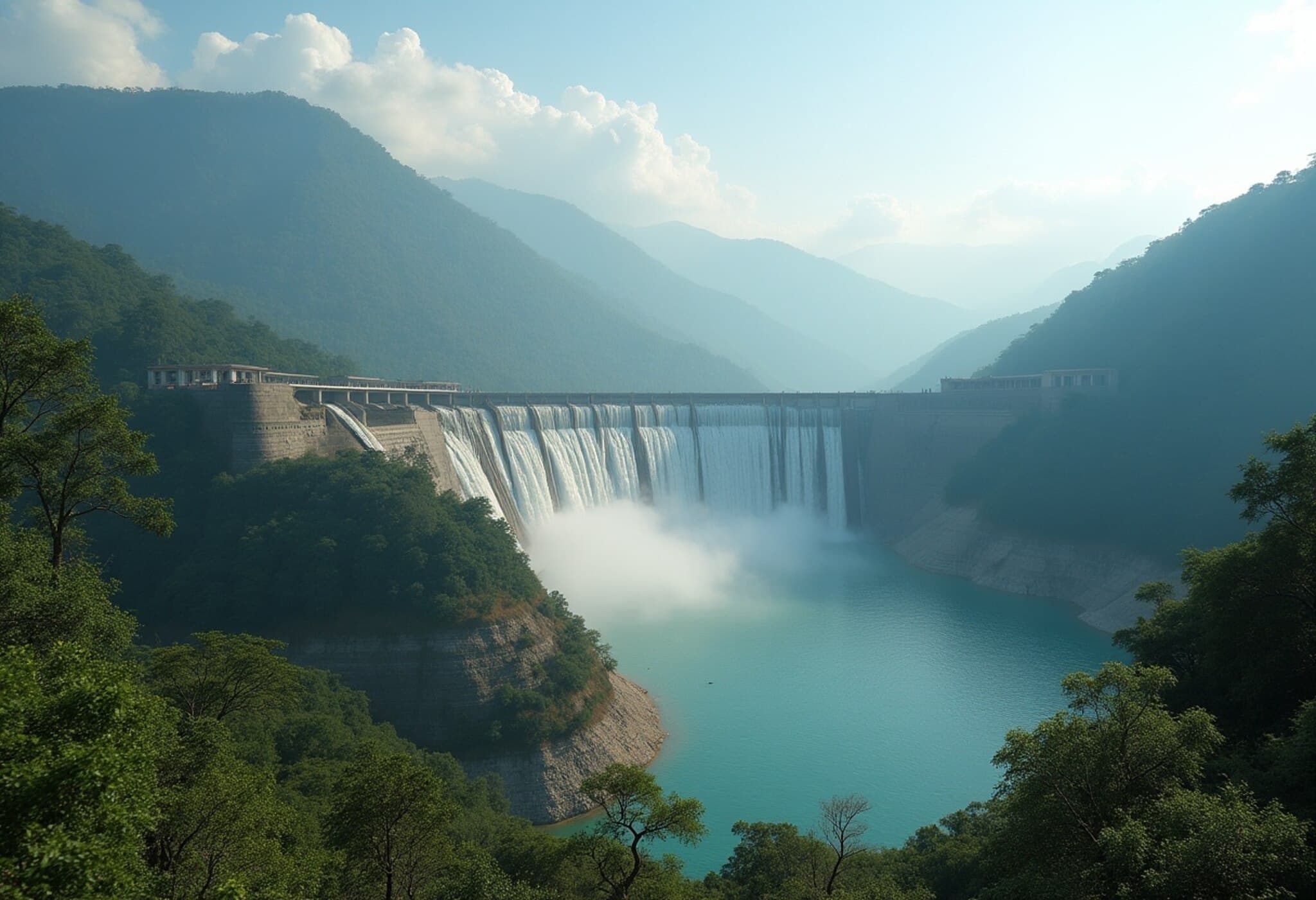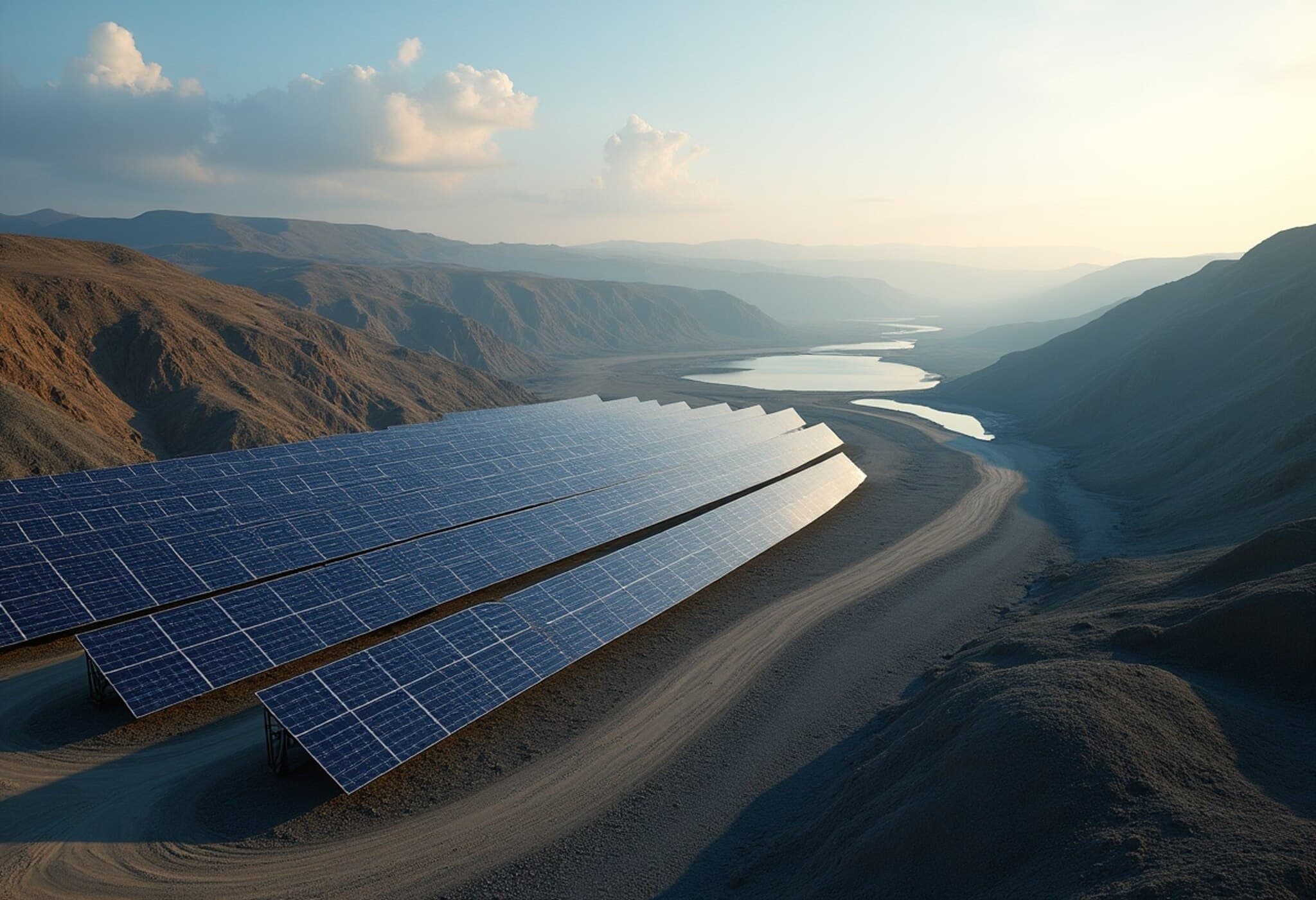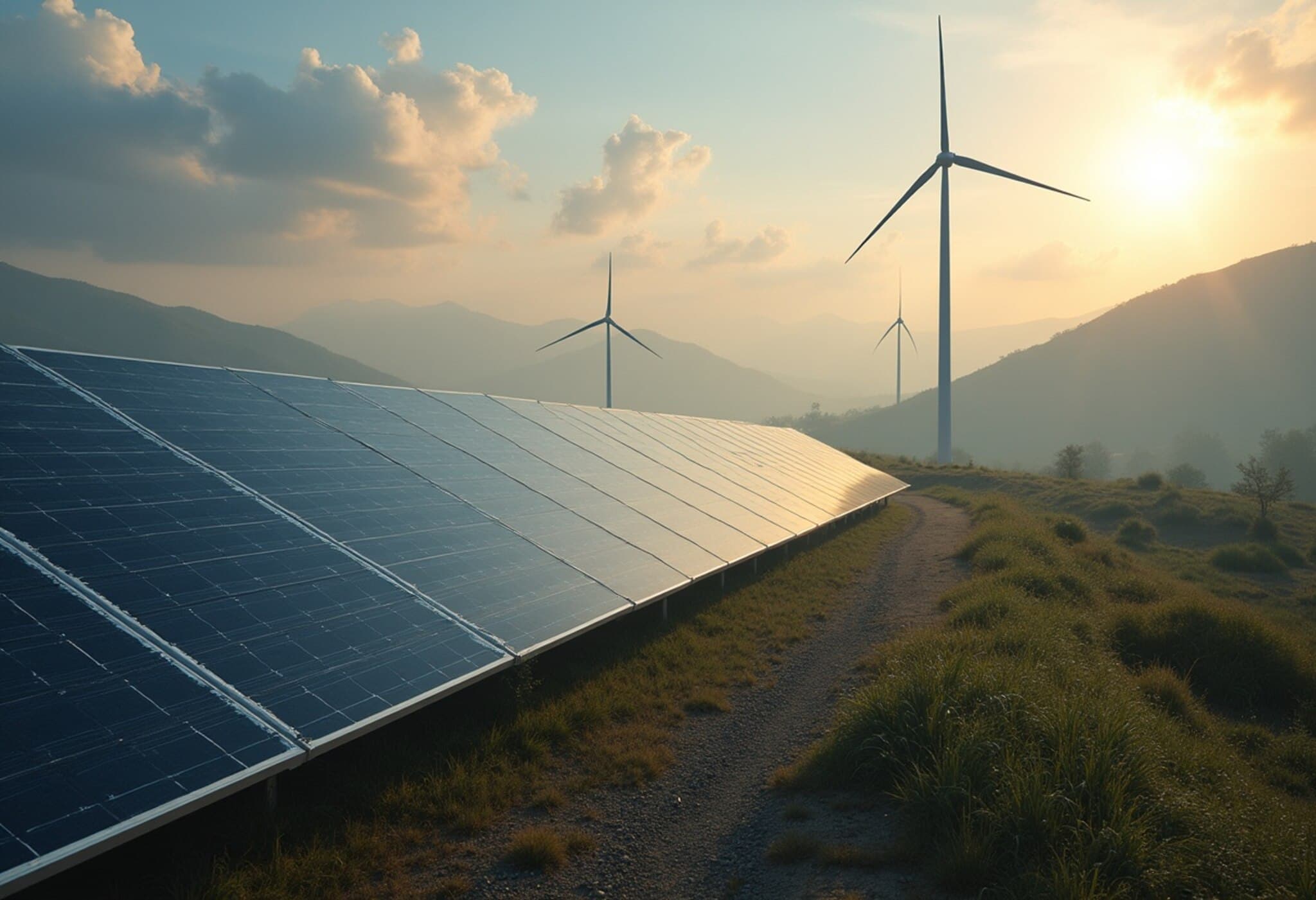April's Massive Power Outage in Iberian Peninsula Linked to Overvoltage
In a detailed government report released recently, the widespread blackout that crippled Spain and Portugal in April has been attributed to an overvoltage event on the electrical grid. This surge in voltage initiated a chain reaction that ultimately disrupted power across the Iberian Peninsula.
What Caused the Overvoltage and Subsequent Blackout?
According to Spain’s Ecological Transition Minister, Sara Aagesen, the outage was not the result of a single failure but rather a combination of factors. She explained that insufficient voltage control capacity within the grid played a critical role on the day of the incident.
Overvoltage happens when electrical voltage exceeds safe limits, potentially damaging equipment and destabilizing networks. It can arise from sudden supply surges, lightning strikes, or failures in protection systems. When such high voltage occurs, protective measures often disconnect parts of the grid to prevent damage, which can then cascade, leading to widespread outages.
Grid Operator and Energy Companies Under Scrutiny
Minister Aagesen highlighted missteps by the Spanish grid operator, REE, and certain unnamed energy companies that prematurely disconnected their power plants "inappropriately" to shield their installations. These actions, combined with a programming flaw affecting voltage regulation, meant the grid’s usual resilience was compromised.
"The situation reached a point of no return," Aagesen said, noting that earlier intervention could have mitigated the chain reaction. She underscored that the report is strictly analytical, aimed at uncovering causes and offering recommendations, rather than assigning blame or prompting resignations.
Impact and Response to the Blackout
The blackout on April 28 severely disrupted daily life: internet and phone connections failed, train services halted, businesses shut down, and entire cities plunged into darkness. The impact spread beyond Spain and Portugal, briefly affecting southwestern France.
In the aftermath, the government commissioned an inquiry led by the ecological transition ministry. Spanish Prime Minister Pedro Sanchez emphasized patience, cautioning the public against speculation and warning that the investigation would take several months due to the incident’s complexity. However, recent developments accelerated the report’s release.
Addressing Speculations and Confirming Findings
Initial theories ranged from cyberattacks to renewable energy surges causing the blackout. The report clearly dismissed these claims, though it acknowledged certain vulnerabilities and shortcomings in Spain’s electricity grid security.
Opposition voices have criticized the government’s energy policies, particularly the nuclear phaseout and increased reliance on renewables, arguing these changes heightened vulnerability. The government maintains there’s no evidence linking the blackout to excessive renewable energy or reduced nuclear capacity.
Report Recommendations for Future Grid Stability
Key recommendations include:
- Enhanced oversight and stricter compliance for grid operators
- Increasing Spain’s overall electrical generation capacity
- Expanding Spain’s electricity interconnections with neighboring countries
The blackout also highlighted the Iberian Peninsula’s limited grid interconnectivity. Neighboring France and Morocco played crucial roles in restoring power swiftly. In line with this, the European Investment Bank recently approved €1.6 billion to fund a major electricity interconnection project between France and Spain. This initiative aims to nearly double the power exchange capacity, bolstering regional grid resilience.
Looking Ahead
While the blackout exposed critical gaps in Spain and Portugal’s energy infrastructure, it also sparked a valuable conversation on grid modernization and cross-border cooperation. Strengthening voltage controls and increasing international interconnections are central to preventing future disruptions and ensuring a stable power supply for millions.

